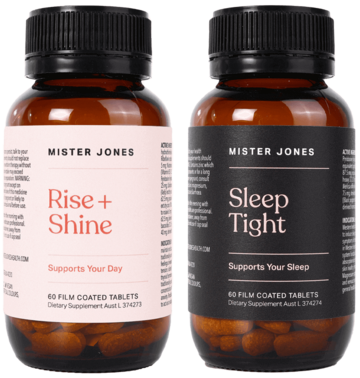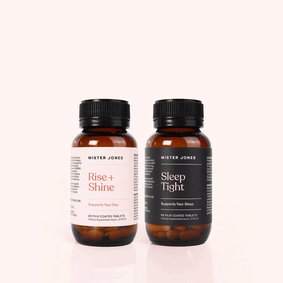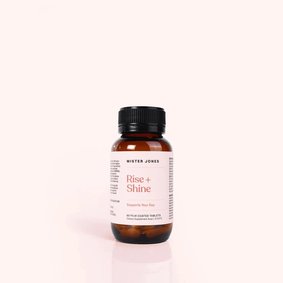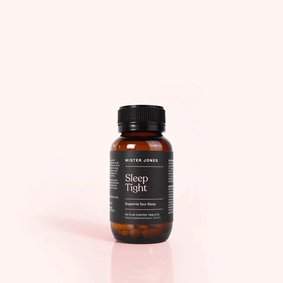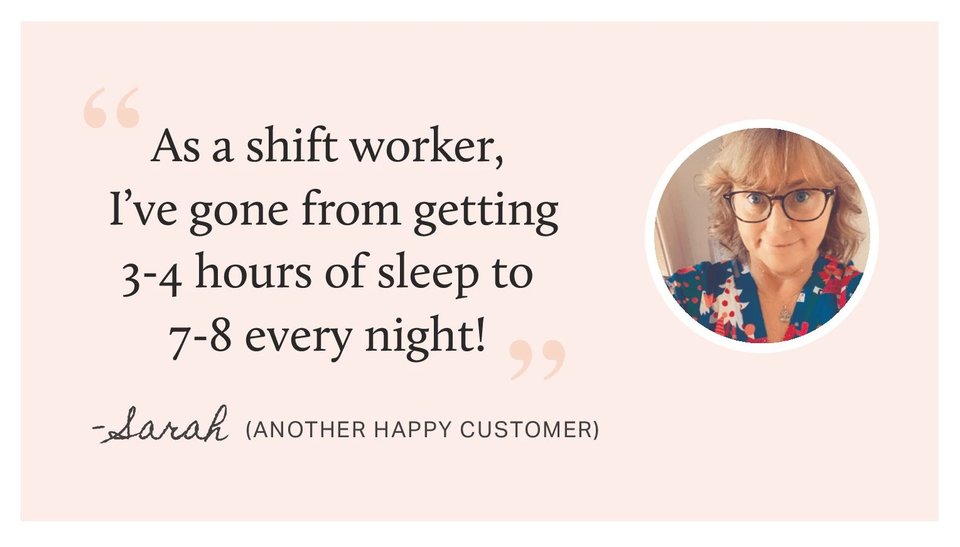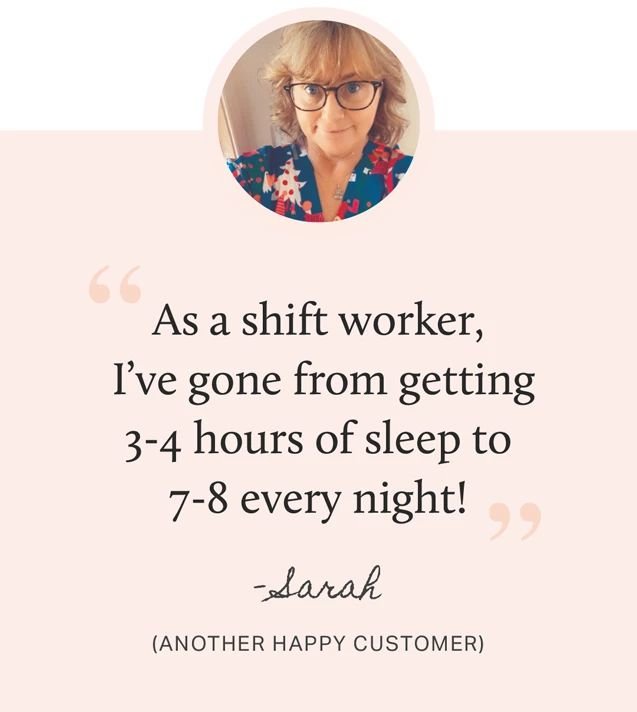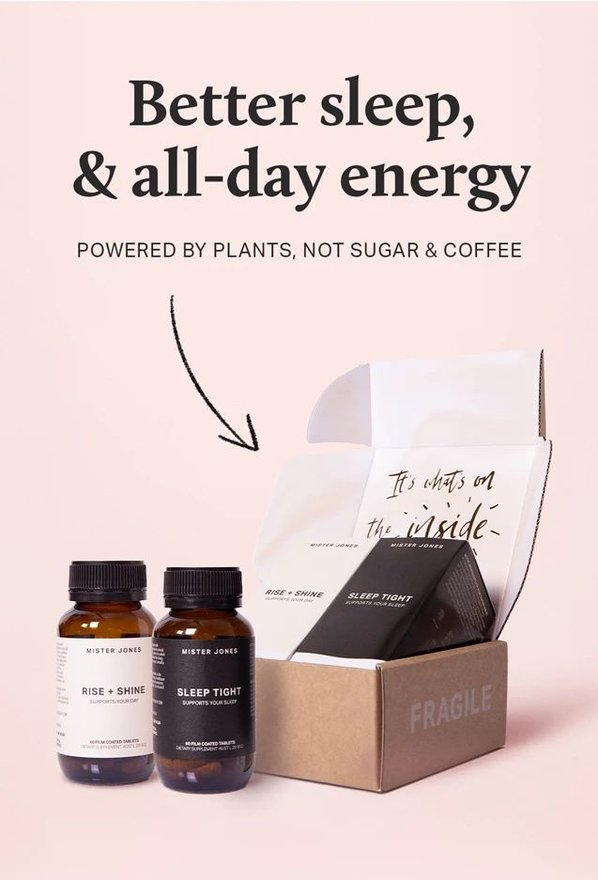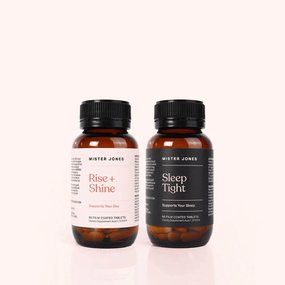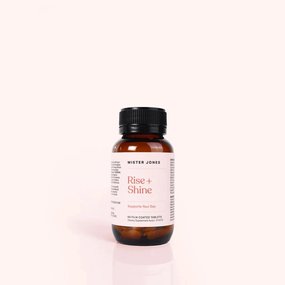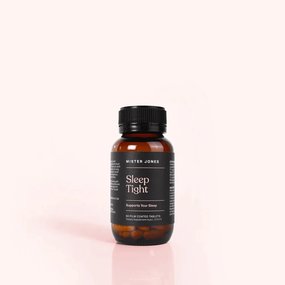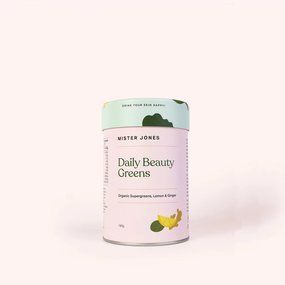6 Tips To A Better Night's Sleep
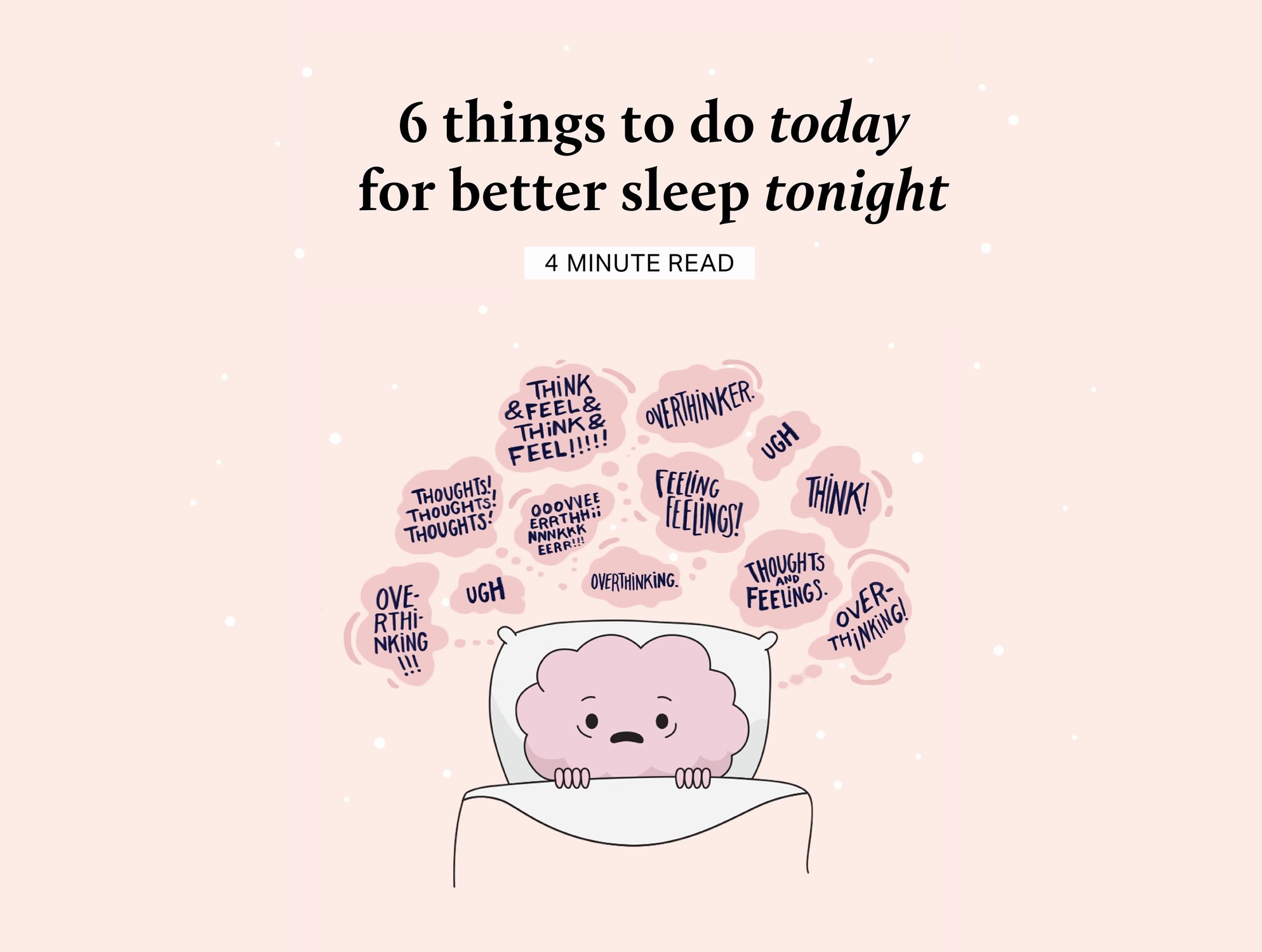
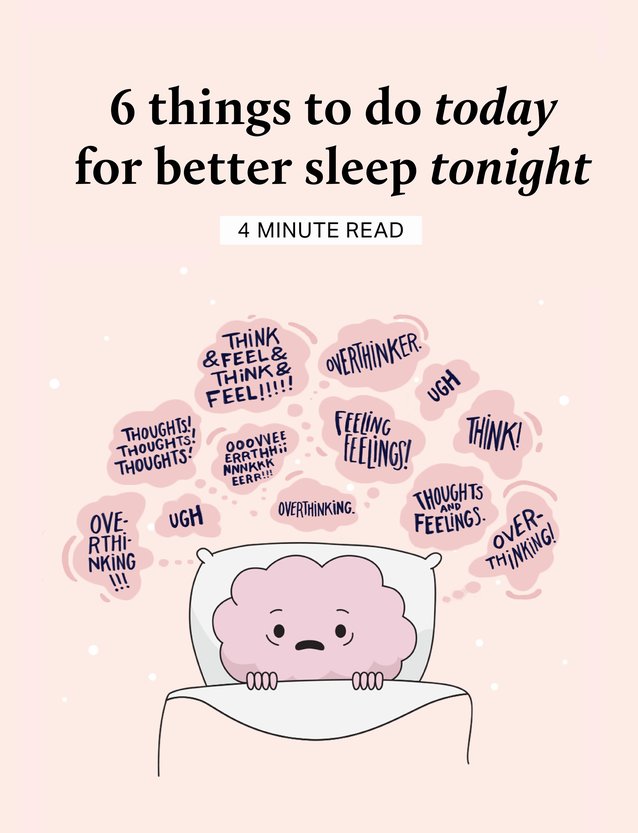
Sleep problems are inherently complex, and there’s no one-size-fits-all solution 1. But we’ve consulted the research and pulled together the 6 science-backed tips that cut through the clutter to help almost everyone get a better night’s sleep.
01.
Beds are for sleep + sex only
01. Beds are for sleep + sex only
Using your bedroom for anything other than sleep and sex weakens your brain’s association between your bed and sleep, making it more difficult to fall asleep 2.
02.
Focus on the present
02. Focus on the present
Focus on nothing other than falling asleep and your breathing. When you notice your mind has wandered away, simply guide it back to your breath, every time.
When you focus on the act of breathing, your parasympathetic nervous system is engaged – lowering your heart rate, blood pressure, and muscle tension 3, 4.
03.
Have a fixed wake-up time
03. Have a fixed wake-up time
Waking up at the same time every morning helps you sleep better at night. Waking up at the same time every morning means your sleep drive will gradually build throughout the day, making you to feel ready to sleep by bedtime 5.
04.
Create a wind-down ritual
04. Create a wind-down ritual
30 minutes before bedtime, put the screens away and spend that time doing things that make you feel relaxed. Relaxing activities lower our cortisol (stress hormone) levels and help induce sleep 5.
Over time, this repeatable wind-down ritual will trigger sleepiness before you even hop under the covers.
05.
Don't drink alcohol at night
05. Don't drink alcohol at night
Drinking alcohol has been linked to poor sleep quality and duration 6, so while it might help you fall asleep faster 7, it won’t give your body the deep sleep it needs to rest and recover.
On top of this, routine evening drinking can build tolerance, meaning you’ll need to increase the amount of alcohol you drink to continue experiencing the sedative effects 8.
06.
Avoid quick fixes
06. Avoid quick fixes
Prescription medications, melatonin supplements, and sleep aids with ingredients you can’t even pronounce may be required by some, but shouldn’t be a starting point for everyone – as they can be a slippery slope.
Sure, they might help us fall asleep hard and fast, but more often than not, they are treating a symptom, not the cause*.
Actioning all these tips at once can feel overwhelming… But thankfully, I’m here to help!
We get it, getting good sleep is hard, but it doesn't have to be...
SAY HELLO TO
The Perfect Pair
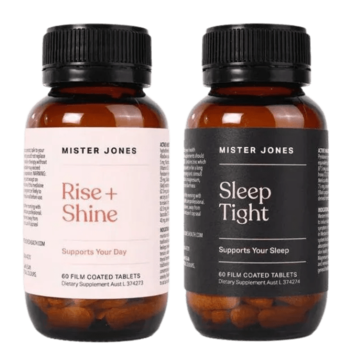
The Perfect Pair works to support women's sleep, energy, skin health, stress relief, and a whole lot more! This pair includes both Sleep Tight and Rise + Shine (because how you spend your day really impacts how you sleep at night).
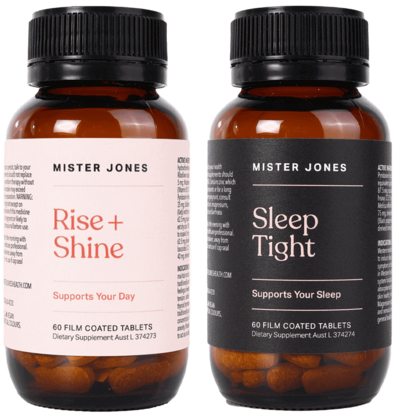
But does it really work?
We'll let our customers answer that one for you

★★★★★
KIM W. | VERIFIED BUYER
Helped with: Sleep, Energy
Sleep tight and Rise and shine are game changers! They improve my sleep, energy, and overall well-being. Highly recommend Mr. Jones for a restful night and a productive day.

★★★★★
KYLIE P. | VERIFIED BUYER
Helped with: Afternoon Slump
Menopause fatigue hit me hard, but Mr. Jones Rise and Shine restored my energy! Now I can surf in the morning and work all day without the afternoon slump. Thank you! I've recommended it to friends—try it, you won't be disappointed.

★★★★★
ANDREA M. | VERIFIED BUYER
Helped with: Stress Support
The Perfect Pair has been a game changer for me. It prevents mouth ulcers, strengthens my nails, improves my skin, and enhances my sleep. Despite a stressful year, Mister Jones has kept my body happy. Highly recommend giving it a try. Thanks! 💕
Shop the collection
Shop the collection
*Always read the label. Follow the directions for use. If symptoms persist, talk to your health professional. Vitamin and mineral supplements should not replace a balanced diet.
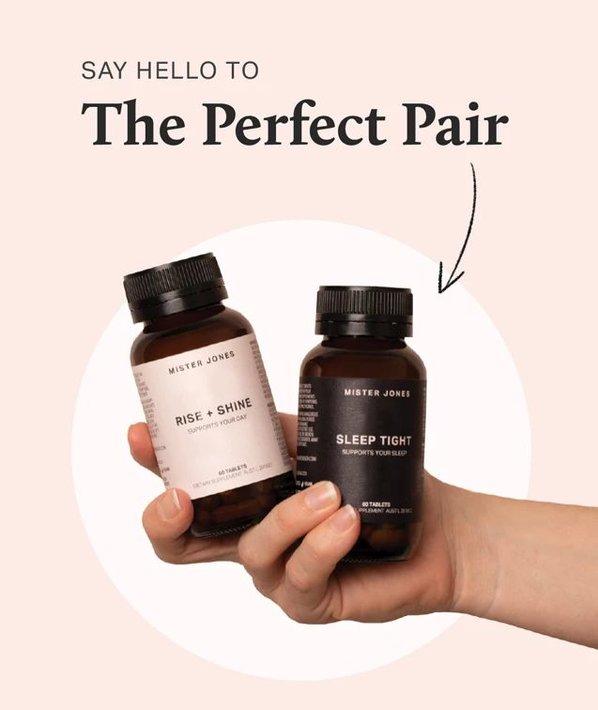
The Perfect Pair works to support women's sleep, energy, skin health, stress relief, and a whole lot more! This pair includes both Sleep Tight and Rise + Shine (because how you spend your day really impacts how you sleep at night).
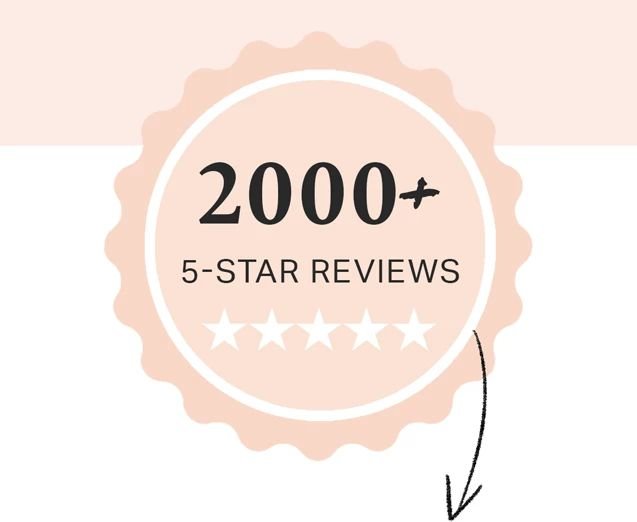

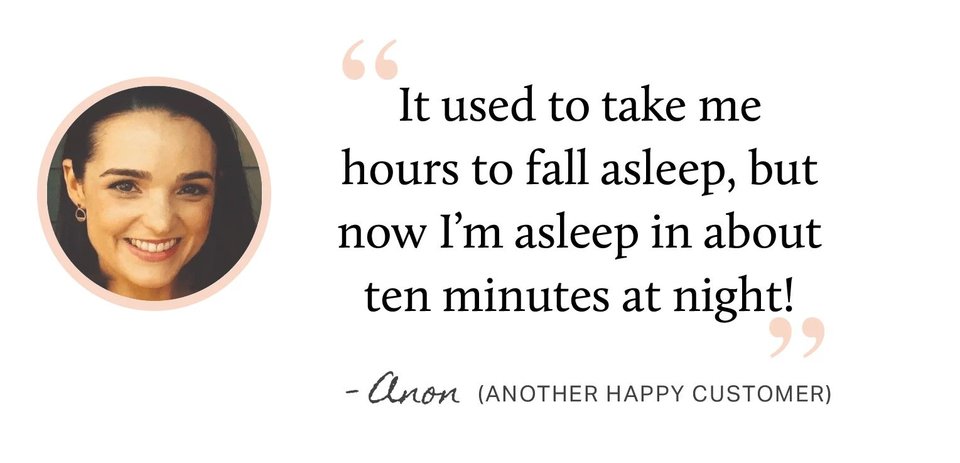
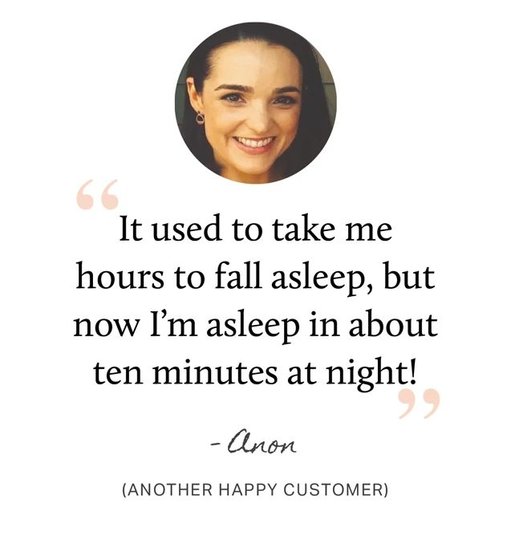
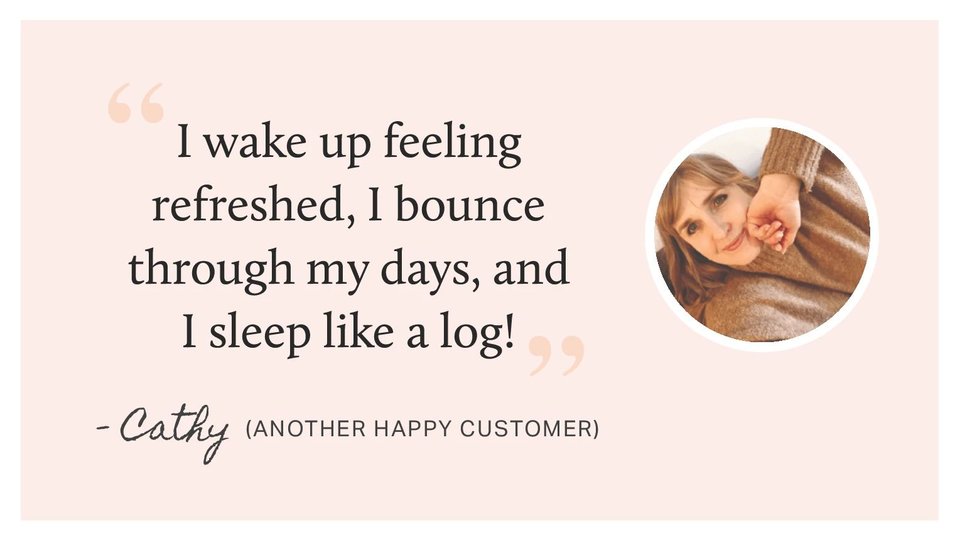
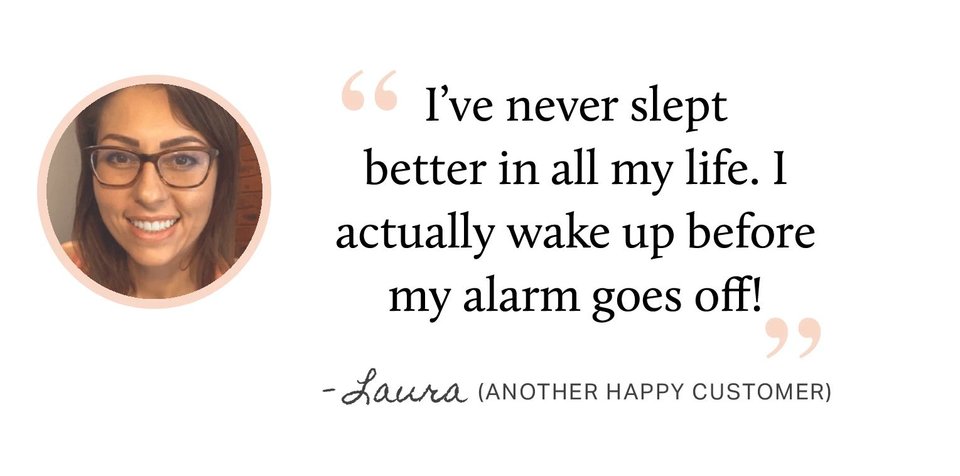
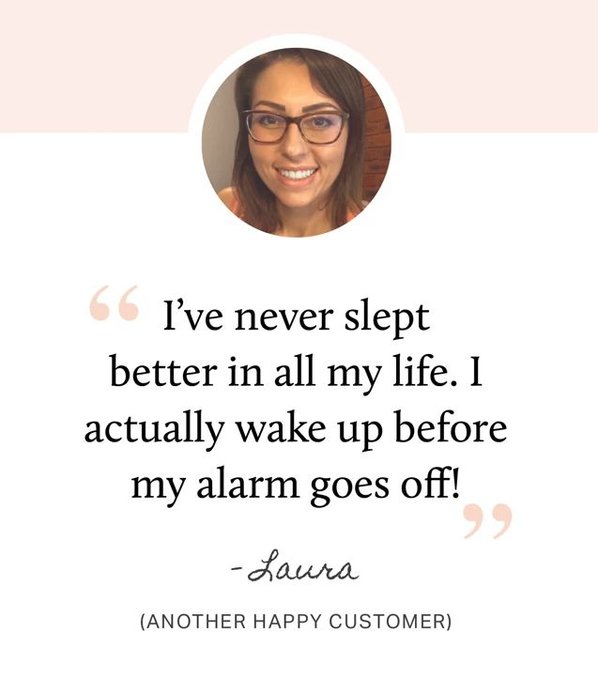
Our range
*We certainly aren’t anti-medicine, and we acknowledge the benefits of prescription sleep aids for those with diagnosed sleep disorders.
*Always read the label. Follow the directions for use. If symptoms persist, talk to your health professional. Vitamin and mineral supplements should not replace a balanced diet.


